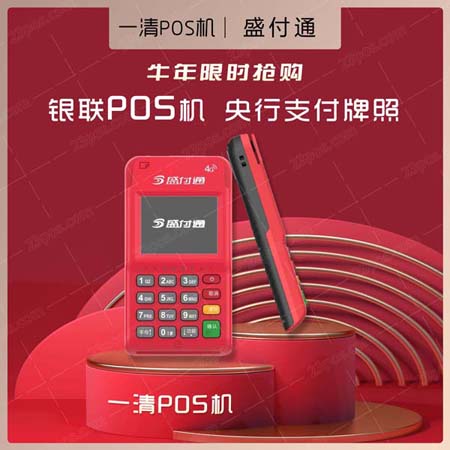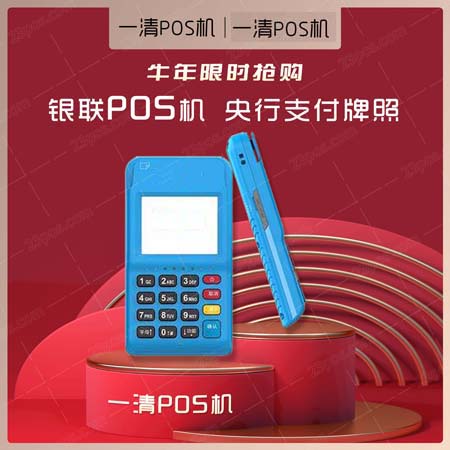Is the POS Machine Still in Use_

POS stands for Point of Sale, which is an integrated platform used for the transaction of goods or services. It has become a staple in retail and hospitality environments, facilitating the smooth movement of goods from sellers to buyers through electronic means. Over the past few decades, POS systems have undergone significant technological advancements, transforming the way we handle transactions. However, the question that often arises is: is the POS machine still in use today? Let’s delve into this topic from multiple perspectives, exploring the evolution, current applications, and future prospects of POS technology.
Historical Evolution of POS Machines
The concept of a POS machine can be traced back to the early days of electronic commerce. The first POS systems were rudimentary, often involving manual entry of transaction data and simple card processing. The introduction of the first integrated electronic POS system in the late 1970s marked a significant milestone. These early systems were bulky, expensive, and required extensive training for staff to operate.
As technology advanced, so did the functionality of POS machines. The introduction of programmable calculators, better data storage capabilities, and enhanced security features improved the user experience. In the 1990s and early 2000s, the proliferation of debit and credit cards, coupled with the rise of the internet, set the stage for a new wave of technological innovation in POS systems.
The advent of mobile POS and cloud-based solutions marked another significant turning point. These technologies allowed for greater flexibility and convenience for both businesses and customers. Mobile POS devices enabled sales to be completed on the go, while cloud-based systems provided scalable and cost-effective solutions for managing inventory, sales data, and customer information.
Current Applications of POS Machines
Despite the emergence of alternative payment methods and technological advancements, POS machines are still widely used today. One of the primary reasons for their enduring popularity is their ability to handle a variety of complex transactions seamlessly. Whether it’s a face-to-face sale in a store, an online transaction, or a mobile payment, POS machines provide a reliable and efficient platform for completing transactions.
In retail environments, POS machines serve as the central hub for managing sales orders, handling payments, and providing real-time inventory updates. This streamline process helps businesses improve operational efficiency and customer satisfaction. For instance, when a customer makes a purchase at a retail store, the POS machine processes the transaction, checks the availability of stock, and Generates the invoice. This
想办拉卡拉正规pos机那个品牌好?,银联pos机办理的地址和电话:
1.pos机免费申请网站入口,Is the POS Machine Still in Use_
2.按照提示,填写申请信息,主要是联系方式正确。
3.工作人员电话联系申请人,核实信息。
4.邮寄pos机给申请人。
5.收到pos机后按照说明书注册使用。
quick and accurate process eliminates the need for manual intervention, reducing errors and improving the overall shopping experience.In addition to retail, POS machines are extensively used in hospitality and services industry. Hotels, restaurants, and event planners rely on POS systems to manage reservations, process payments, and track customer preferences. By integrating various payment methods, such as credit cards, debit cards, mobile payments, and digital wallets, POS machines provide a seamless and convenient experience for customers. This flexibility is crucial in a industry where customer satisfaction is paramount.
Moreover, POS machines play a vital role in the grocery and wholesale industries. These environments often require complex inventory management systems, which POS machines facilitate through features like barcode scanning, stock tracking, and sales reporting. By providing real-time data on stock levels and sales trends, POS systems help businesses optimize their inventory management and reduce waste.
Technical Advancements and Benefits
The continuous advancements in POS technology have brought about numerous benefits, making them an indispensable tool in both consumer and business transactions. One of the most significant advantages is increased accuracy and efficiency in transaction processing. Traditional paper-based systems often lead to errors, such as missed transactions or incorrect billing. In contrast, modern POS machines use sophisticated algorithms and barcode scanning technology to ensure accurate transactions. This reduces the likelihood of errors, leading to faster and more efficient operations.
Another notable benefit of POS machines is enhanced security features. Compared to traditional payment methods, POS systems offer several layers of security, including encryption, tokenization, and multi-factor authentication. These security measures protect sensitive customer information and prevent unauthorized access. Additionally, many POS machines come equipped with built-in fraud detection systems that alert businesses to suspicious activities, further safeguarding their operations.
Moreover, POS technology has enabled the rise of digital marketing and loyalty programs. By collecting valuable customer data through sales transactions, businesses can create personalized marketing campaigns and offer rewards and incentives to loyal customers. This not only enhances customer engagement but also drives sales growth. Furthermore, the integration of e-commerce platforms has expanded the reach of POS systems, allowing businesses to sell products and services online and reach a broader customer base.
Challenges and Future Prospects
Despite its numerous advantages, the widespread use of POS machines is not without challenges. One of the primary concerns is the cost aspect. While POS systems offer significant operational improvements, they can be expensive to implement and maintain. Businesses, particularly small and medium-sized ones, may find it challenging to afford the initial investment required for a high-quality POS system. Additionally, ongoing maintenance and upgrades can require significant resources.
Another challenge is the rapid pace of technological change. The POS industry is constantly evolving, with new technologies and innovations emerging regularly. Businesses that fail to keep up with these changes risk falling behind the competition. For instance, the increasing adoption of mobile payment systems and contactless transactions represents a significant shift in consumer behavior. Businesses that do not adapt to these changes may lose customers to competitors who offer more modern and convenient options.
Looking ahead, the future prospects of POS technology are promising. The integration of artificial intelligence (AI) and machine learning (ML) is expected to bring even greater advancements in POS systems. AI-powered analytics can provide deeper insights into customer behavior, helping businesses optimize their operations and improve customer satisfaction. Machine learning algorithms can also be used for predictive maintenance, ensuring that POS machines run smoothly and efficiently.
Furthermore, the rise of the Internet of Things (IoT) and the Internet of Things (IoT) is expected to revolutionize the POS industry. IoT devices can enable real-time tracking and monitoring of inventory, sales data, and customer preferences. This information can be used to make informed business decisions and improve operational efficiency. Additionally, the development of blockchain technology could further enhance the security and transparency of transactions, making POS systems more reliable and trustworthy.
Conclusion
In conclusion, the POS machine is still very much in use today, providing businesses with a robust and efficient platform for managing transactions. From handling complex sales processes and enhancing security features to enabling digital marketing and loyalty programs, POS technology offers numerous benefits that drive growth and success. However, challenges such as cost and technological obsolescence remain, requiring businesses to innovate and adapt to stay competitive.
Looking ahead, the future of POS technology holds even more exciting possibilities. With the integration of advanced technologies like AI, ML, and IoT, we can expect to see further improvements in transaction processing, security, and customer engagement. As businesses continue to embrace these advancements, the POS machine will undoubtedly play a crucial role in shaping the future of e-commerce and retail.






















